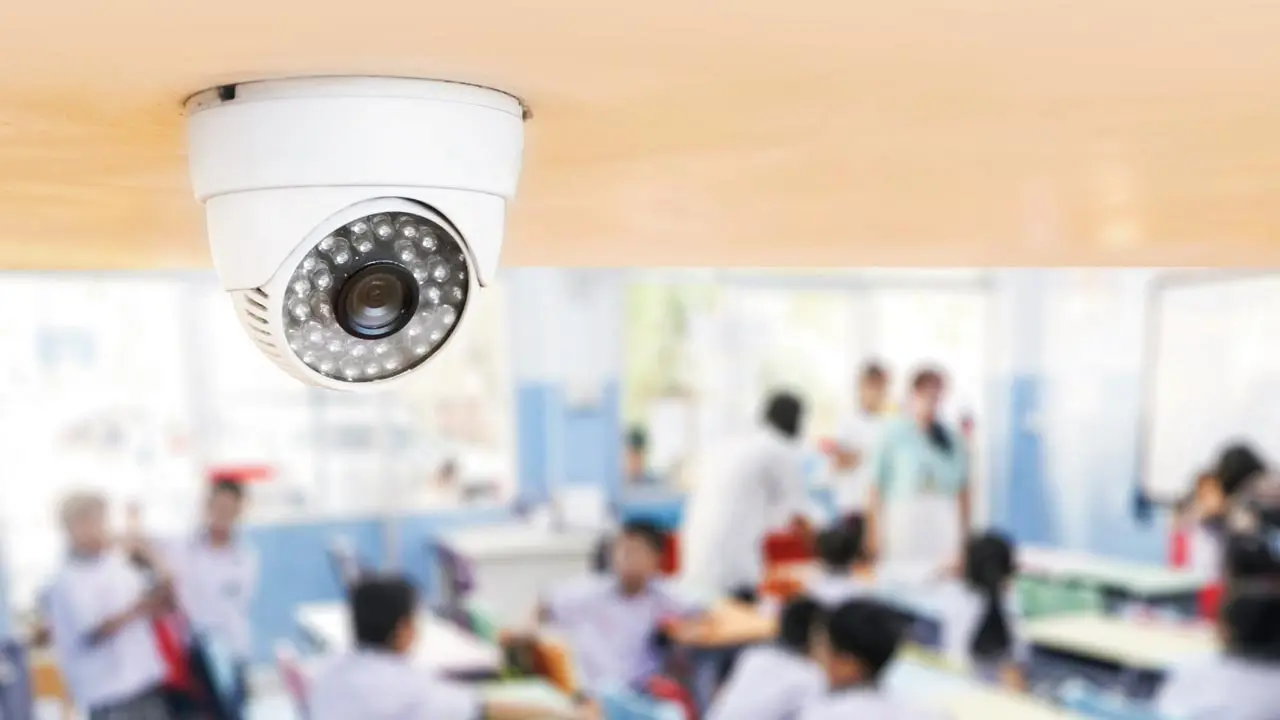Last week, a 40-year-old teacher in Mumbai was arrested for allegedly sexually assaulting a 16-year-old student. The woman teacher was booked under the Protection of Children from Sexual Offences (POCSO) Act, the Bharatiya Nyaya Sanhita (BNS), and the Juvenile Justice Act

Last week, a 40-year-old teacher in Mumbai was arrested for allegedly sexually assaulting a 16-year-old student. Representation pic/iStock
Following the harrowing tale of abuse faced by a male student in one of Mumbai’s most sought-after schools, educational institutions across the city are re-evaluating their child safety frameworks.
Last week, a 40-year-old teacher in Mumbai was arrested for allegedly sexually assaulting a 16-year-old student. The woman teacher was booked under the Protection of Children from Sexual Offences (POCSO) Act, the Bharatiya Nyaya Sanhita (BNS), and the Juvenile Justice Act.
With growing concerns over student safety and mental well-being, several schools across the city spoke to mid-day about their existing safeguards and response mechanisms.
Shocked by the news, Dr Sonal Parmar, principal of Cathedral and John Connon School, said, “The incident is inexcusable and represents an extreme breach of trust and responsibility by the teacher. In today’s world of exposure and access, growing up can be confusing for students. It’s our duty to help them navigate these years with confidence, capability, and awareness.”
The school conducts regular sex education workshops for students and parents, tailored to different age groups. Talking about the school’s safety and mental health systems, Dr Parmar added, “We recently conducted a campus-wide audit to eliminate blind spots in CCTV coverage. Our teachers and staff are routinely sensitised about their responsibilities under POCSO regulations.”
She also highlighted mandatory mental health sessions for senior students: “For students in Std XI and XII, we have compulsory one-on-one sessions with school counsellors. This not only reduces stigma but also provides a safe, supportive space.” While POCSO committees are now standard across most city schools, some institutions have introduced additional safety measures.
The principal of a Mira Road school shared, “Any outsider entering the campus must wear a fluorescent lanyard, so students can identify them from afar. We also have a locked suggestion box where students can anonymously share concerns. Only the vice-principal and I access it every Friday.”
At St Pius School in Mulund, principal Norbert D’Souza explained that their institution, like others under the Archdiocesan Board of Education, has staff sign a code of conduct reiterating POCSO rules, ethics, and responsibilities before joining. “We also collaborate with NGOs to conduct periodic sex-ed workshops,” he said.
Mumbai Public Schools (MPS), run by the Brihanmumbai Municipal Corporation (BMC), have also implemented POCSO committees and conduct regular awareness sessions. While full CCTV surveillance is still lacking on many MPS campuses, the schools are taking steps to educate students on personal safety.
“We invite both parents and students to attend workshops that use smartboards to explain key concepts like ‘good touch vs bad touch’ and cyberbullying. Students are encouraged to speak up about any threat they face,” said the head of a BMC-run school in the western suburbs.
Despite modern classrooms and progressive policies, ensuring comprehensive child safety remains a challenge for Mumbai schools. While many institutions conduct sex education sessions, experts believe these need to be more deeply embedded into the curriculum.
“Once-a-year workshops on sex education don’t go far enough,” said psychiatrist Dr Dayal Mirchandani. “These subjects should be integrated into the regular syllabus so students can understand them better and discuss them openly.”
Taskeen Bhore, principal, Diamond Jubilee High School, Mazgaon, said, “The Diamond Jubilee High School (ICSE) has a child safeguarding officer on the premises at all times. In case there are any accidents, big or small, we create incidental reports and take them to our management. The school also has CCTVs in every classroom, weekly surveys to keep things in check, and life skill and sex education workshops for students from Std I to Std X. We tie up with organisations that talk to students about the dangers of abuse, encouraging them to talk to trusted adults.”
 Subscribe today by clicking the link and stay updated with the latest news!" Click here!
Subscribe today by clicking the link and stay updated with the latest news!" Click here!








